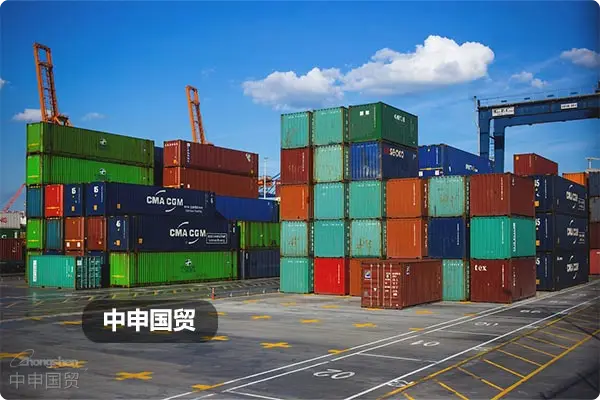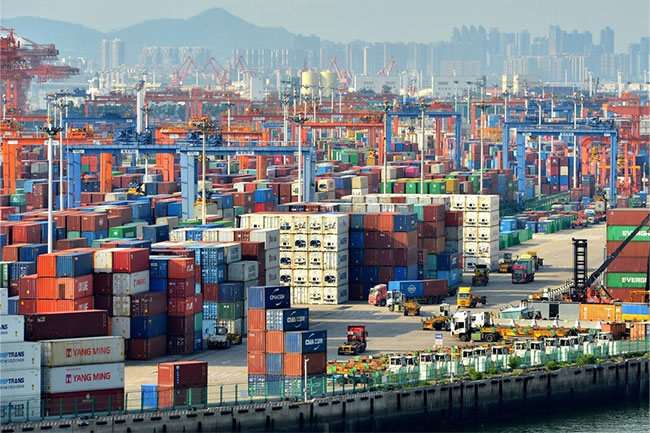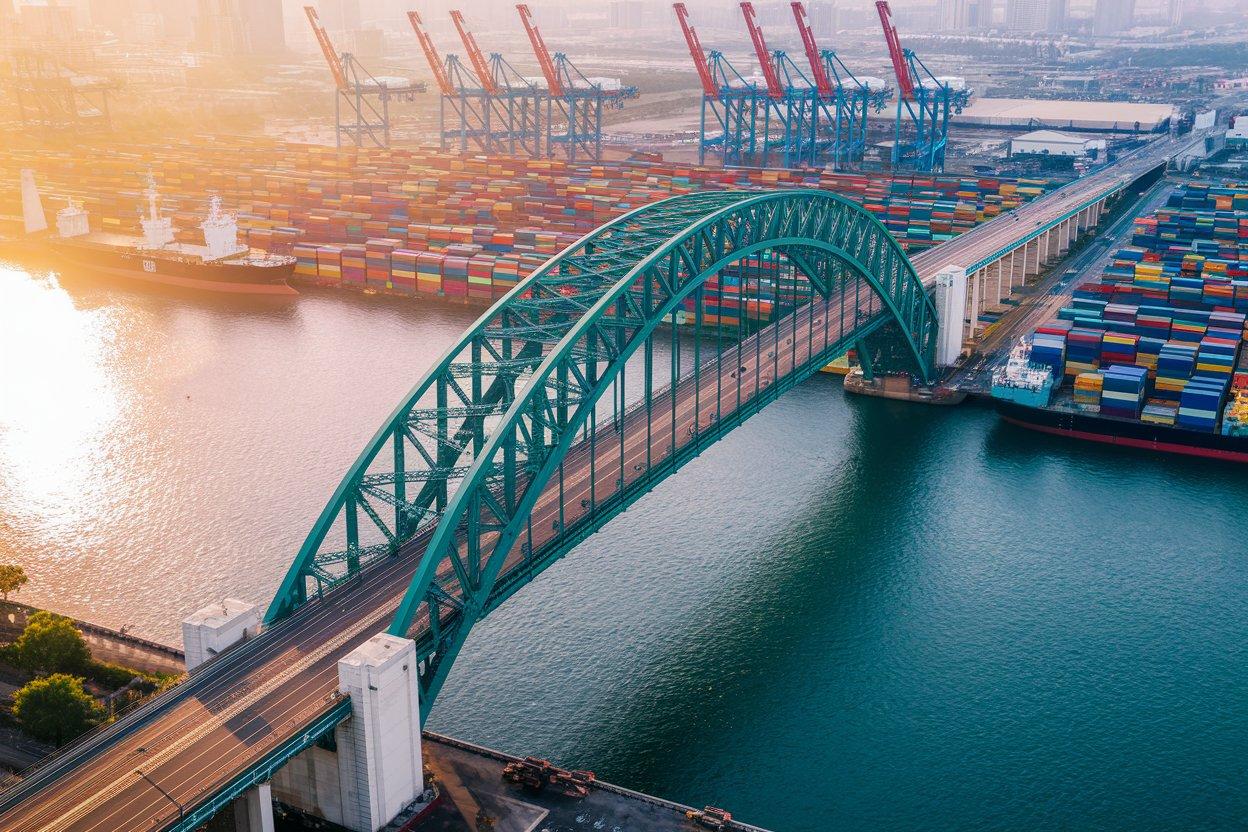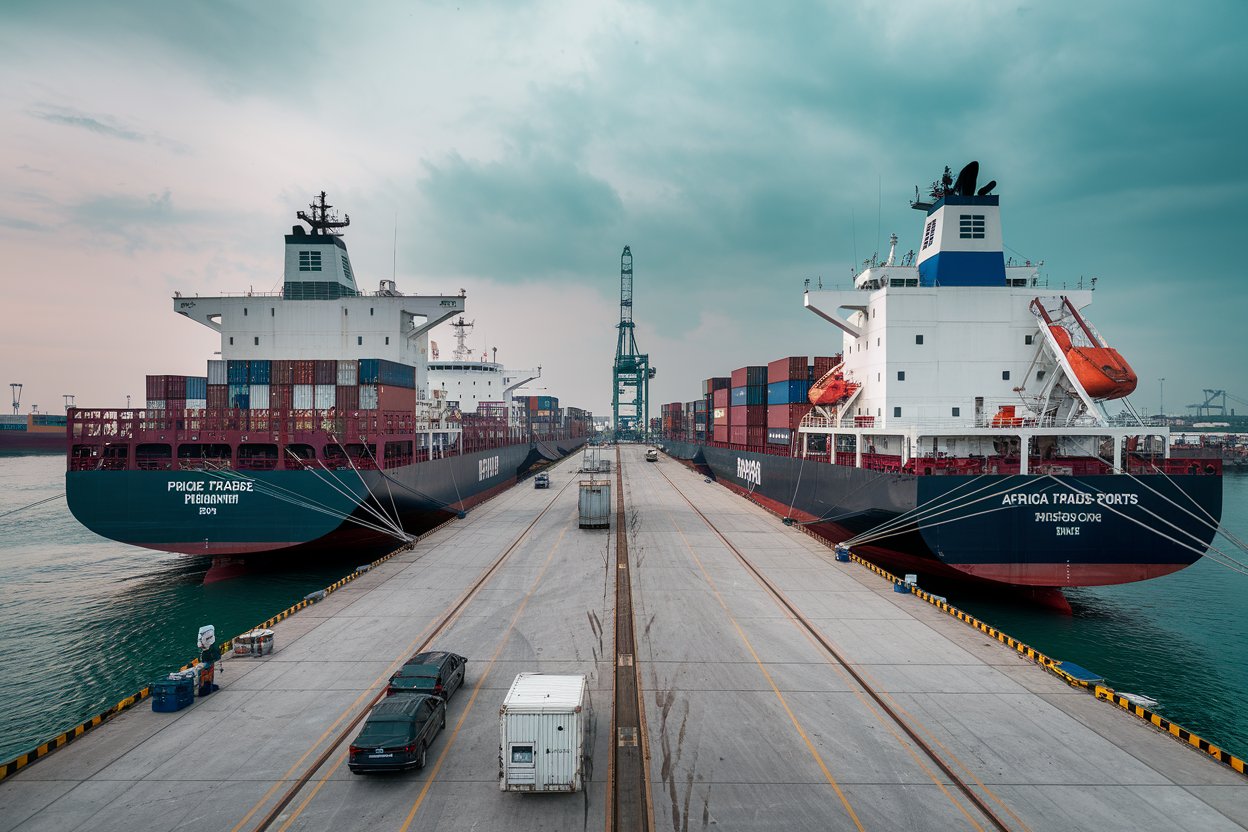- 20 Years of Expertise in Import & Export Solutions
- +86 139 1787 2118
Home » Trade Basics » What Exactly Does an Export Agency Do? 10 Questions to Help You Understand Completely

1.?Export Agency?What services does the enterprise specifically provide?
A professional export agency provides full-process trade services, mainly including:
- Documentation Processing: Preparation of documents such as commercial invoices, packing lists,?Certificate of Origin?and 22 other types of trade document preparation
- Customs clearance services: HS code classification, customs declaration form filing, and cooperation with customs inspection
- Logistics Management: International transport solution design, container LCL/FCL operations
- : Handling cross - border foreign exchange receipts and payments, reporting to the State Administration of Foreign Exchange:?Forex Settlement?verification,?Tax Refund?agency (requires tax rebate qualification)
- Compliance consulting: Guidance on product access regulations such as REACH, RoHS, etc.
II. What is the difference between export agency and self-operated export?
The core differences between the two are in the legal relationship and operational process:
- Contract Parties: In the agency model?Foreign trade?the contract is signed by the agency enterprise
- Payment and receipt path: Payment for goods is settled through the agency company's account
- Tax rebate rights: The agency enterprise needs to transfer the tax rebate funds to the entrusting party
- Risk bearing: Compliance issues may lead to the agency enterprise being downgraded by customs
III. What are the fee standards for export agency in 2025?
Currently, there are three main fee models in the market:
- Fixed service fee: Charged per shipment, 500-2000 yuan per shipment
- Proportion of goods value: Usually charged at 0.5%-1.2% of the total cargo value
- Hybrid fee: Basic service fee + risk surcharge (for special goods such as dangerous chemicals)
IV. How to determine if an agency enterprise is compliant and reliable?
Recommend assessing from five dimensions:
- Customs AEO certification level (priority given to Advanced Certified Enterprises)
- Classification and Rating by the State Administration of Foreign Exchange (Category A enterprises are preferred)
- Membership qualification of the China Customs Brokers Association
- Completeness of E-port operating authority
- Query for historical violation records (can be checked through the customs enterprise credit publicity system)
V. What are the potential risks of export agency?
Special attention should be paid to three types of risk scenarios:
- Document Risk: Tax audit caused by a discrepancy between the proforma invoice amount and the real contract
- Logistics risks: Dispute over the definition of liability for LCL cargo damage
- Payment risks: Forward?L/C?loss due to exchange rate fluctuations under the
VI. What requires special attention when exporting to emerging markets?
For emerging markets such as RCEP member countries, the Middle East, and Africa:
- Confirm the destination country's customs clearance certificate requirements (e.g., Saudi Arabia's SABER certification)
- Assess foreign exchange control policies (e.g., Nigeria's NXP declaration)
- Choose an agent with local customs clearance capabilities (it is recommended to check the overseas agent network list)
Automobile Export?E-commerce?Is it suitable to find an export agent?
Judgment should be based on business models:
- Suitable scenarios: B2B bulk cargo, specially supervised goods (such asMedical DevicesTrade dispute settlement mechanisms
- Unsuitable scenarios: B2C small parcels (it is recommended to use the 9610/9710 supervision method)
- Hybrid Model: Overseas warehouse stocking can be combined with export agency and e-commerce customs clearance
VIII. How does an agency enterprise cooperate during a customs inspection?
A formal agent should provide three core supports:
- Provide complete original customs declaration documents within 2 hours
- Dispatch an on-site coordinator to cooperate with the inspection
- A professional classification dispute resolution solution (for cases involving tariff rate determination differences)
IX. What clauses in the agency contract require special attention?
Recommended key clauses for review:
- Dispute resolution jurisdiction agreement (prioritize arbitration within China)
- Intellectual property guarantee clause (especially for OEM product exports)
- Scope of force majeure definition (should include sudden control policies at the destination port)
- Liability cap for breach of contract (recommended not to exceed 30% of the total contract amount)
X. How to interface efficiently with an agency enterprise?
It is recommended to establish four standardized processes:
- Product information sheet (including 16 elements such as material, use, production process, etc.)
- Document template library (confirm invoice/packing list format requirements in advance)
- Exception handling SOP (specify a 48-hour response mechanism)
- Data exchange system (prioritize choosing an agency with API integration)
Recommended for You
- How to Operate an Export Agency? 7 Core Questions Foreign Trade Enterprises Must Understand
- How to Choose an Import & Export Agent? 10 Questions to Help You Avoid 95% of Pitfalls
- Importing Apparel: A Complete Foreign Trade Process Guide from Southeast Asia to Russia
- What Can an Export Agent Actually Do for an Enterprise? 15 Key Questions to Ask Before Choosing an Agency Service
- How Do Export Agency Companies Get Tax Rebates? 7 Key Questions You Must Understand
? 2025. All Rights Reserved.










